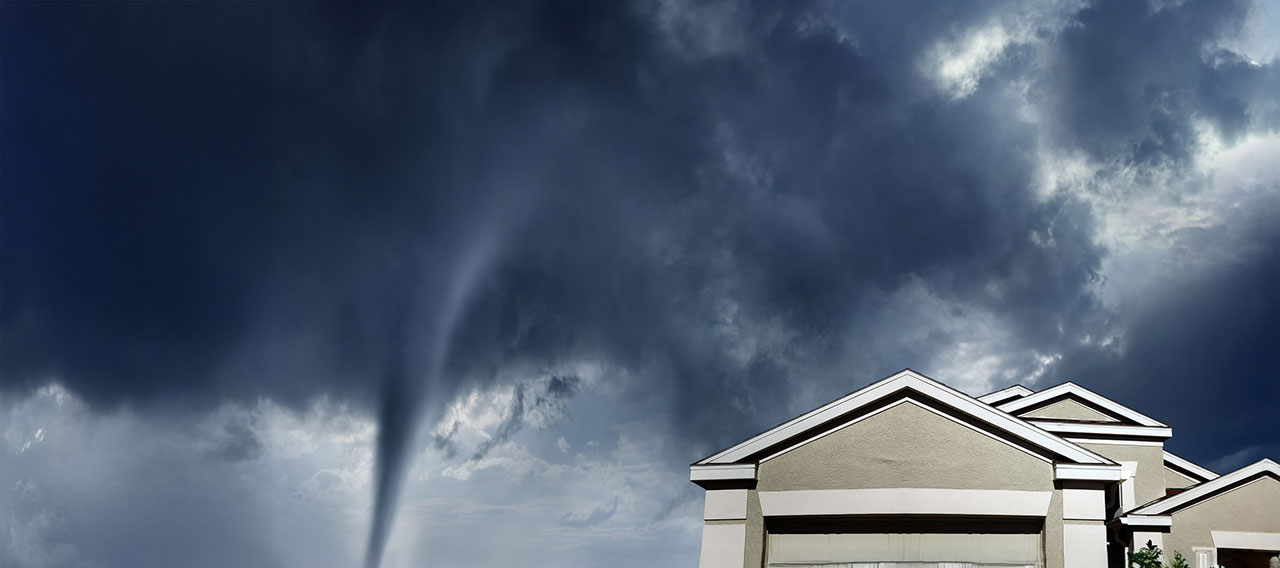- Individuals & Families
- Businesses
- Agents & Brokers
- Embedded Insurance

Chubb ranked #1 for Customer Satisfaction with the Home Insurance Claims Experience

Chubb ranked #1 for Customer Satisfaction with the Home Insurance Claims Experience

Chubb ranked #1 for Customer Satisfaction with the Home Insurance Claims Experience

Chubb ranked #1 for Customer Satisfaction with the Home Insurance Claims Experience

Because pets are family, Chubb now offers pet insurance with top-rated coverage from Healthy Paws.

Chubb offers the insurance protection you need for travel’s many “what ifs”.

Chubb protects small businesses at every stage – from newly formed start-ups to long-time anchors of the community.

Stay ahead of cyber threats with our free Cyber Claims Landscape Report.

Learn more about our dedicated learning paths, Online Learning Center, and more.

Many digital-savvy consumers look for it as a core or add-on option.

Many digital-savvy consumers look for it as a core or add-on option.

Many digital-savvy consumers look for it as a core or add-on option.

Chubb’s in-house technology makes it easy to integrate what we do into your customer experience.
-
About
-
Claims
-
Login & Pay Bill
For Agents & BrokersFor Travel Advisors
-
Back
Recent trends show that many successful families and individuals are beginning to pack up and move to Florida, either permanently or as a secondary home. While there are many good reasons to move to the Sunshine state, such as the beautiful weather and outdoor opportunities, you may want to consider checking out these insurance tips before relocating.
- The insurance market is very different in Florida. Insurance rates, requirements, and risk acceptability are all different in Florida than they are in other states. Plus, the carrier that insured your home in another state might not cover you in Florida. Make sure to work with a knowledgeable licensed insurance agent that has access to reputable and financially sound insurance carriers in the Florida marketplace.
- Give yourself more time to finalize all of the details. Leave ample time to understand policy limitations or exclusions, especially if you’re buying an older home. Carriers have very strict guidelines for the type of homes they will insure in Florida. So, you’re smart to understand things like the year the house was built, the type of roof, if it is in a flood zone or windstorm area and how they will affect your coverage, so there are no surprises on your insurance after you’ve signed the purchase and sale.
- You will have new requirements. And you’ll probably pay more for your insurance in Florida.
- If you are including wind coverage for hurricanes, check out the deductible associated with that coverage because it will probably apply differently than your standard deductible.
- If the home is in a special flood zone, make sure to secure an elevation certificate to understand your potential exposure from flood and how to protect yourself with appropriate flood insurance limits. This will also be required by your mortgagee if there is a bank involved in the purchase.
- Renovations may require more time. If you are planning to renovate your newly purchased home, discuss this with your insurance agent early in the process to understand how it will affect your policy. Construction can also take longer in Florida than it would in other states due to skilled labor availability, material sourcing, and most importantly weather. Projects can be significantly delayed due to weather uncertainty and even if a hurricane does not hit the area there could be delays due to forced evacuations. If a storm hits somewhere else in the state then skilled labor often goes to that area and can impact availability of your own project.
- Have a plan in place for your vehicles. If you own multiple vehicles or own vehicles that are hard to replace, be sure to prepare an evacuation plan for them ahead of time so you are not scrambling to protect them during hurricane or other event.
- Secondary homes require primary attention. If you’re buying a secondary home, consider who will be around to take care of it during or after a storm. It can be very challenging to find your way back to your home after a storm, especially if you are out of state. Make sure you have a plan in place or your carrier provides additional services to guard against this.
Insights and expertise








Get a personal insurance quote
Work with an independent agent to get personalized insurance solutions.
This document is advisory in nature and is offered as a resource to be used together with your professional insurance advisors in maintaining a loss prevention program. It is an overview only, and is not intended as a substitute for consultation with your insurance broker, or for legal, engineering or other professional advice.
Chubb is the marketing name used to refer to subsidiaries of Chubb Limited providing insurance and related services. For a list of these subsidiaries, please visit our website at www.chubb.com. Insurance provided by ACE American Insurance Company and its U.S. based Chubb underwriting company affiliates. All products may not be available in all states. This communication contains product summaries only. Coverage is subject to the language of the policies as actually issued. Surplus lines insurance sold only through licensed surplus lines producers. Chubb, 202 Hall's Mill Road, Whitehouse Station, NJ 08889-1600.


